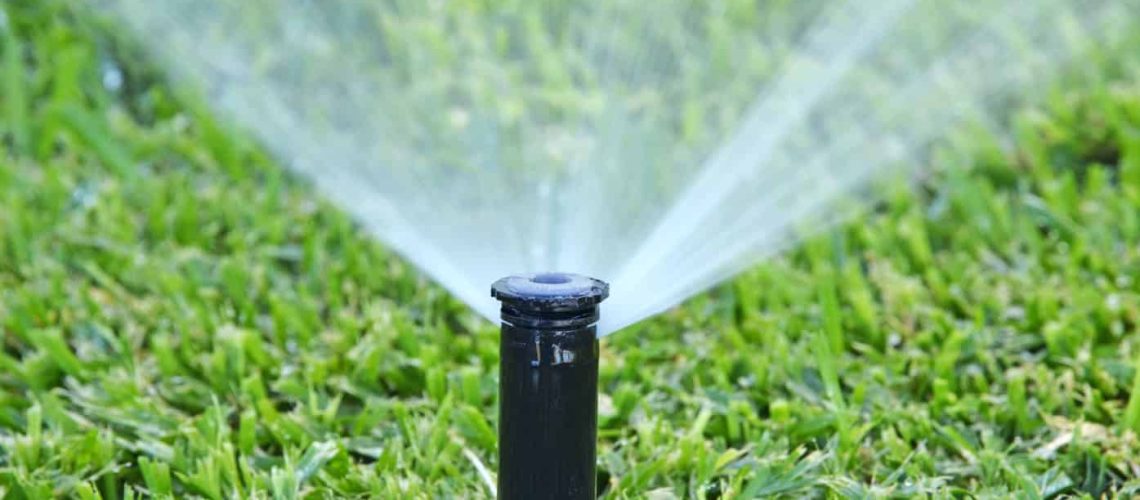Irrigation serves many purposes for many people, from gardens to lawns and even greenhouses. If you happen to have a sprinkler, here are some of the common problems you might face and some tips on how you can fix them.
A broken Sprayer Head
This is one of the most common problems many sprinkler owners face. From playing children to bumps from lawnmowers and other accidents – there are many causes to a broken sprayer head.
There is usually no way to fix this, and you’ll probably have to buy another matching sprinkler head to replace the broken one. To avoid these accidents, try and mark their positions. This helps in avoiding them when lawn or garden maintenance is being carried out.
Do Sprinklers Clog?
Sprinklers can often clog up when dirt in debris get into the openings. This usually happens when the head does not rise as intended, due to dirt splash from rain and maintenance, and more.
To fix this problem, first ensure that the water is not running. Then carefully remove the riser followed by the nozzle and then clean out the filter. This is where most of the dirt will be located. After cleaning, run the sprinkler to confirm it is not clogged.
How Can I Tell a Controller is Malfunctioning?
Sprinkler controllers can malfunction due to a myriad of reasons, including technical failures or a bad timer. To fix this, ensure regular maintenance of the controller is carried out.
If the sprinkler does not start on time or sprays out the wrong pressure, you might want to check your controller or ask a professional to do it.
Is Misting a Reason to be Concerned?
As it says in the name, this is a problem where the sprinkler turns the water into mist. In the case of the slightest wind, the mist is blown away from the intended destination. This leads to water wastage and, if unchecked, the drying of some of the plants. Misting is mostly caused by too high a water pressure, so buy a pressure regulator.
Are Check Valves a Necessity?
These valves play an important role in preventing leakages. Once the sprinklers are turned off, the check valves prevent the water’s backflow, which can cause leakages. You can notice this happening when water streams out of the head even when you turn it off.
To fix this, you can purchase the valves if they are not inbuilt. If they are malfunctioning, you can have a professional repair or replace them.
How Can I Spot and Fix Leakages?
Sometimes the pipes transporting water from the pump to the sprinkler can experience some damage, which can lead to leakages. Sometimes, the broken pipes can be underground, which can be difficult to diagnose.
Take note of the soggy areas or places where vegetation is thriving abnormally. Also, note the water pressure changes if your regulator is working well.
Depending on the size of the pipe damage, you do anything from a home-based remedy like using a sealant to finding an expert to replace it.
Why Does My Sprinkler Favor Some Spots?
Before a sprinkler system is installed anywhere, there needs to be a design layout or plan to ensure equal water distribution. However, poor planning can lead to improper head spacing. When sprinkler heads are poorly spaced, one area becomes well-watered and greener or too soggy while another remains malnourished.
To fix this issue, you might want to consult an expert for redesigning the system.
Why Does My Sprinkler Sprinkle in Weird Circles?
A proper sprinkler nozzle ensures that the system works efficiently where required. One of the best ways to tell if you are using the wrong nozzle is to check the delivery angle of the head’s arc. If the nozzle delivers 90 degrees when set to 180 or anything similar, the nozzle in the sprinkler head is wrong.
Fixing this is simple, as all you have to do is get the right nozzle and replace it. There are measurements for the sprinklers, and you can use them when ordering the spare part.
Water sprinklers are a convenience that keeps your lawn and garden green without you going in to do the dirty work. Regular check-ups on the system from a technical and manual perspective ensure it continues to serve you efficiently for a long time.

